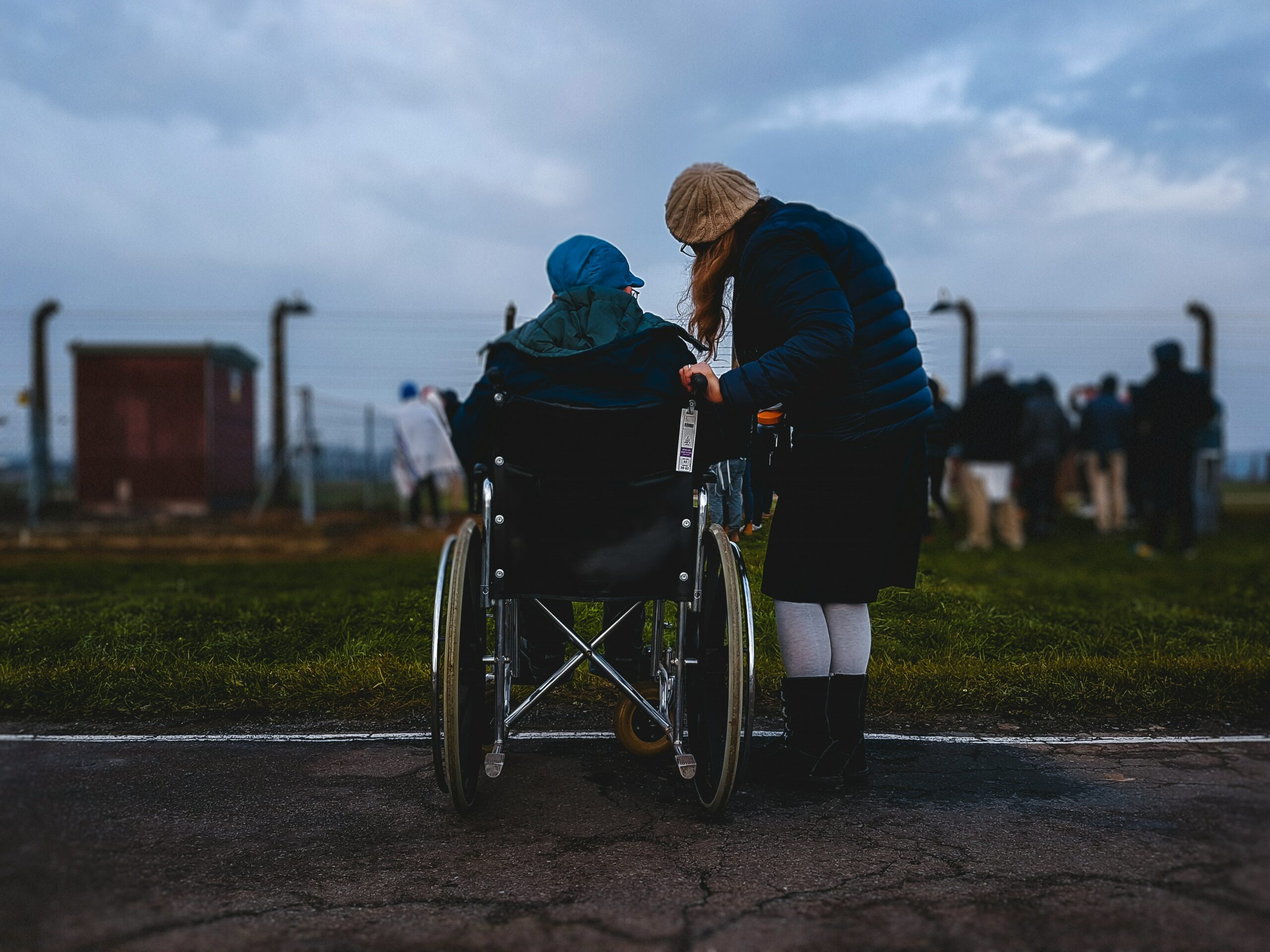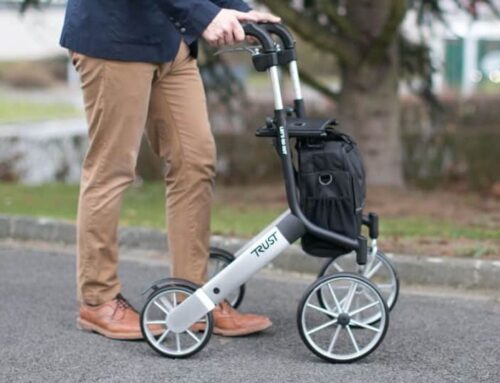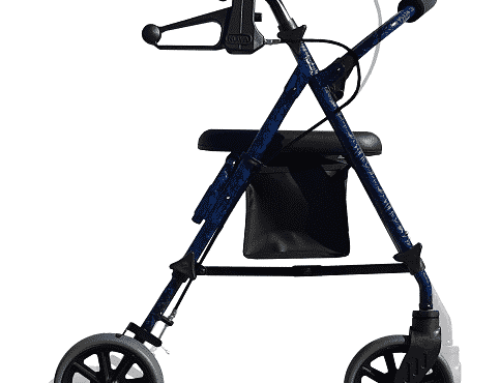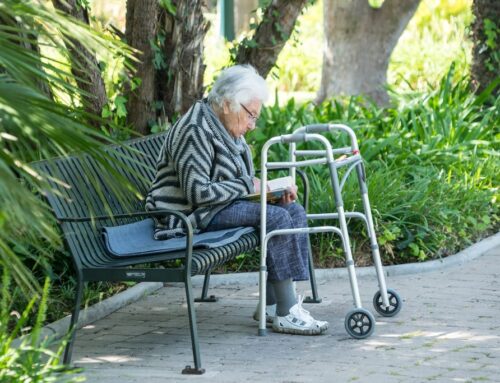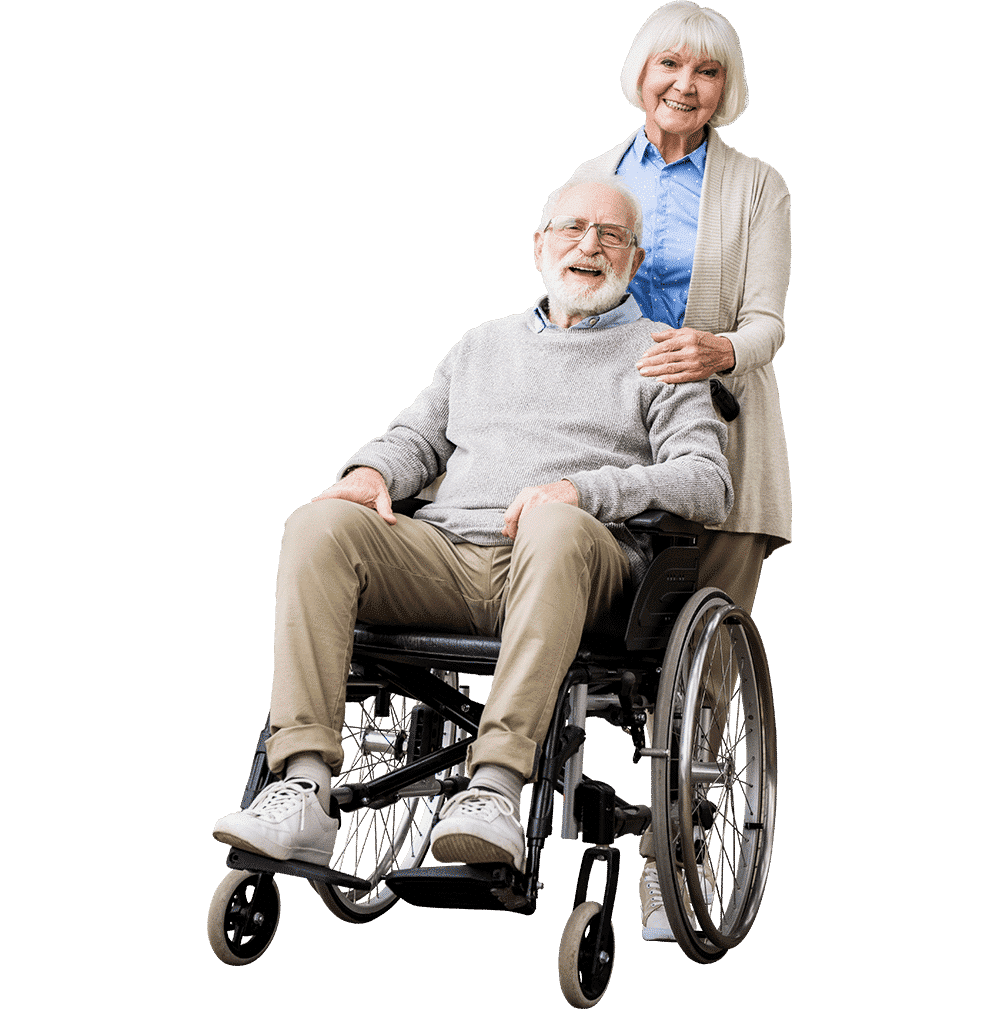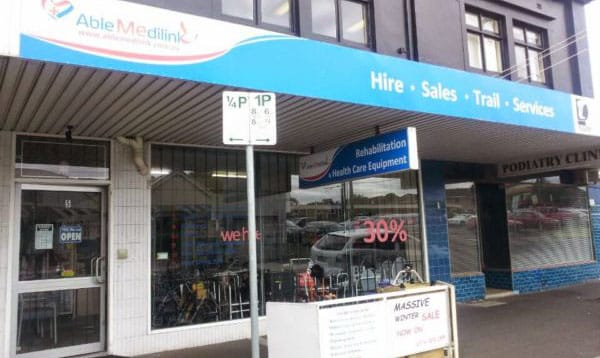Acknowledging the need for assistance not only demonstrates bravery but also signifies the crucial first step towards embracing a new chapter of self-reliance and elevating the quality of life. The pressing question of How can you ensure your loved ones savor each moment with confidence? is a recurring concern for many middle-aged caregivers. These caregivers, who stand as unwavering pillars of support for their elderly parents or those with disabilities, ponder on this question frequently.
In a nation like Australia, where the emphasis on enhancing quality of life is paramount, the process of selecting the right mobility aids can truly transform the daily experiences of your beloved family members. By choosing the appropriate mobility aids, you are not only ensuring their well-being and comfort but also, most importantly, preserving their independence and autonomy.
Benefits of Improved Mobility
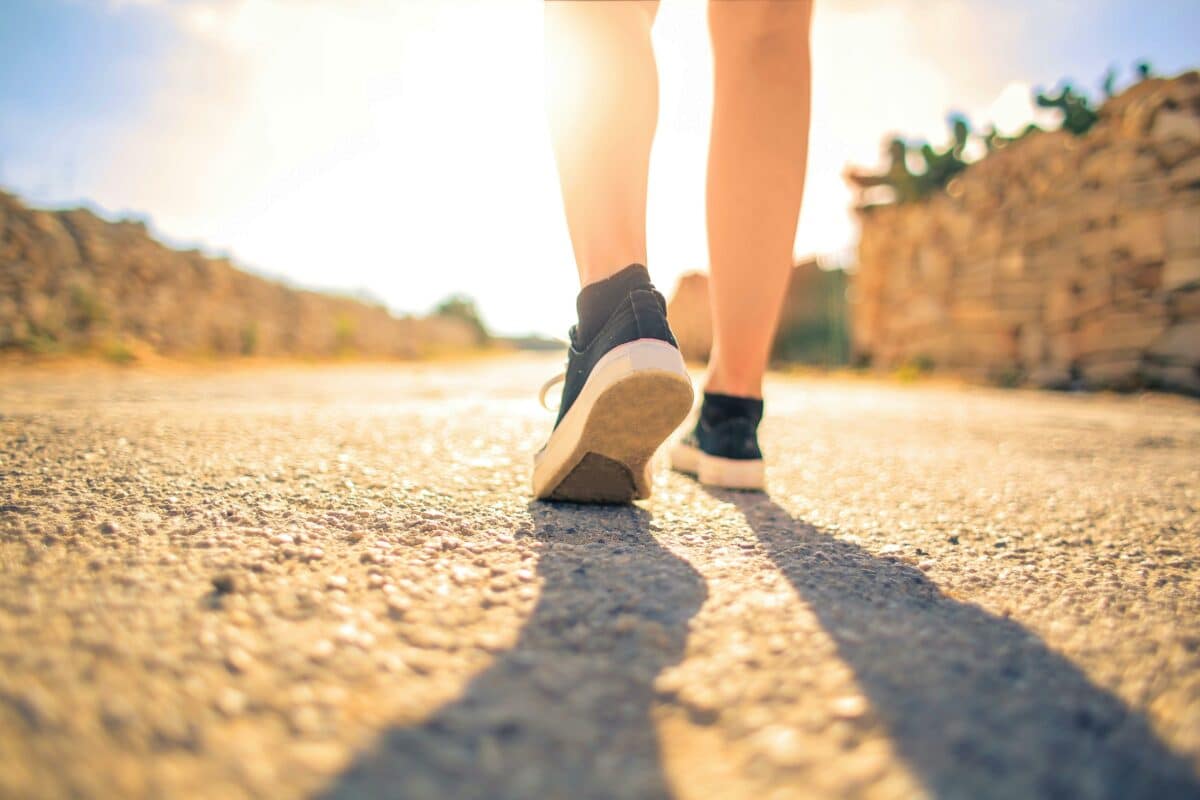
Improved mobility stands at the heart of living a full, engaged life. From attending propelled wheelchairs and wheelie walkers to lift chairs and a wide range of wheelchair options, the right aid can:
- Enhance independence by providing individuals with the ability to perform daily activities autonomously, promoting self-sufficiency and a sense of empowerment without the need for constant assistance.
- Increase safety significantly by mitigating the risks of falls and injuries, particularly beneficial for individuals in recovery from conditions like ankle sprains or other mobility-limiting injuries, ensuring a smoother and safer rehabilitation process.
- Improve mental health and overall well-being by nurturing a sense of autonomy, boosting self-esteem, and encouraging active participation in activities that bring joy and fulfillment, contributing to a more positive outlook on life.
- Facilitate social interactions and community engagement, playing a crucial role in breaking the cycle of isolation commonly faced by individuals with mobility challenges, fostering meaningful connections and a sense of belonging within a supportive network.
Challenges to Admitting You Need Help with Mobility
Admitting the need for help with mobility involves confronting several challenges:
- Pride and the Perception of Loss of Independence: Many individuals perceive the use of mobility aids, such as forearm crutches or manual wheelchairs, as a visible symbol of vulnerability that can impact their sense of pride and independence.
- Lack of Awareness: A significant barrier to accessing mobility aids is the lack of awareness regarding the diverse range of crutches, mobility scooters, and living aids available to improve daily living activities. This lack of knowledge can hinder individuals from discovering tools that could enhance their quality of life.
- Fear of Stigmatization: The fear of being stigmatized or treated differently by others due to using mobility aids can create barriers for individuals in need of assistance. Concerns about potential pity or discrimination may prevent individuals from seeking the necessary help and support they require.
Signs You Might Need Help Improving Mobility
Recognizing the need for mobility assistance is crucial. Signs include:
- If you find it challenging to stand up from a seated position, especially due to muscle weakness or joint issues, considering the use of a lift chair could significantly improve your mobility and independence.
- If you have been experiencing difficulties with balance or have had falls in the past, a walker or rollator could provide the stability and support needed to navigate daily tasks with greater confidence and safety.
- For individuals who encounter pain or discomfort while walking short distances, such as due to arthritis or chronic conditions, mobility scooters or seat walkers are excellent options to alleviate strain and enable easier movement.
- When everyday activities that used to be manageable become a struggle, exploring various living aids like grab bars, reachers, or dressing aids can enhance your ability to perform tasks independently and with greater ease.

Options for Improving Mobility
The market offers an array of solutions tailored to different needs:
- Power Chairs and Mobility Scooters: Ideal for those who require assistance for longer distances or outdoor use. These types of mobility aids are equipped with powerful motors and sturdy frames, providing a comfortable and reliable means of transportation for individuals with mobility challenges.
- Attendant Propelled and Manual Wheelchairs: Suitable for individuals who can use a wheelchair with assistance or have some ability to propel themselves. These wheelchairs offer versatility and independence for users who may need occasional help or prefer manual control over their movement.
- Walker or Rollator: For those who need balance support but can walk independently. Walkers and rollators come in various designs, offering stability and assistance to individuals who require minimal aid while walking, promoting confidence and safety.
- Lift Chairs: A boon for people who find it challenging to stand up from a seated position. Lift chairs provide a gentle lift mechanism, aiding users in transitioning from a seated to a standing position comfortably and with minimal effort, enhancing mobility and convenience.
- Forearm and Elbow Crutches: Designed for individuals recovering from injuries or surgeries, needing temporary support. These crutches are crafted to provide ergonomic support to the arms and upper body, promoting proper posture and facilitating mobility during the recovery process.
- Moon Boots: For those dealing with ankle sprains or foot injuries, offering support and speeding up the recovery process. Moon boots, also known as walking boots, are orthopedic devices that stabilize the ankle and foot, allowing for optimal healing and protection following injuries, ensuring a quicker recovery and enhanced comfort.
How to Find Help for Mobility Issues
- Consult Healthcare Professionals: It’s crucial to schedule appointments with doctors and therapists to receive tailored recommendations that take into account your unique medical background and current requirements for wheelchair and mobility aids.
- Research: When conducting your research, leverage online tools such as the “filter by” feature on websites specializing in mobility aids. This will help you sift through the extensive array of options available, ensuring you find the most suitable products for your specific needs.
- Visit Showrooms: For a hands-on experience, consider visiting showrooms not only on the Gold Coast but also in various locations. Testing out different wheelchair and mobility aid models in person allows you to physically assess their comfort, functionality, and suitability, aiding you in making an informed decision.
The Positive Impact of Asking for Help
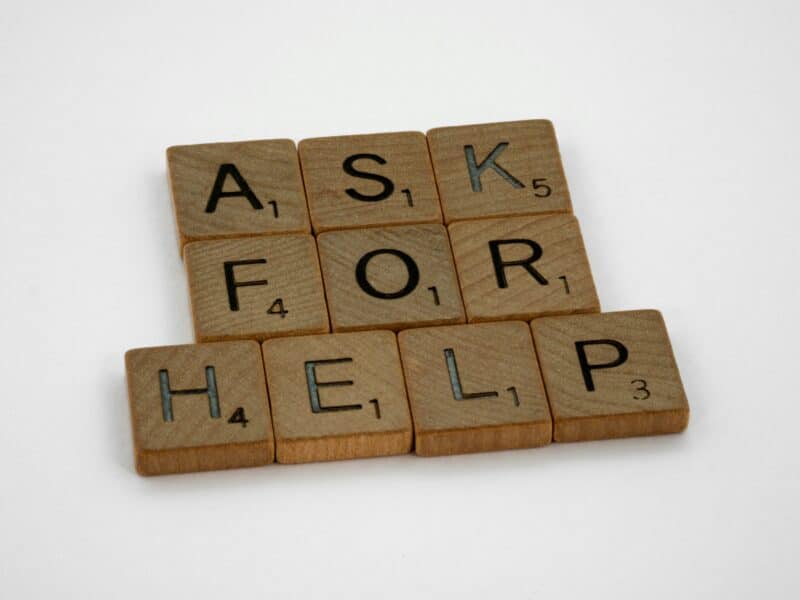
Asking for help with mobility can significantly impact both the individual in need and their caregivers, leading to:
- Improved Quality of Life: Access to the right aids can significantly enhance daily experiences, providing a harmonious combination of safety, independence, and active participation in a wide range of life’s activities. By incorporating these aids seamlessly into one’s routine, individuals can navigate their daily tasks with ease, fostering a sense of empowerment and well-being.
- Strengthened Relationships: Caregivers experience a profound sense of reassurance and peace of mind when their loved ones are equipped with dependable aids that cater to their specific needs. This not only reduces stress and worry but also strengthens the bond between caregivers and care recipients, fostering a relationship built on trust, support, and understanding.
- Community Connection: Connecting with individuals who are navigating similar challenges can provide a nurturing environment where shared experiences lead to profound connections. By engaging with others facing comparable circumstances, individuals can exchange invaluable support, gain insightful advice, and cultivate lasting friendships that serve as pillars of strength during challenging times.
Three Step Process to Enhanced Mobility
- Acknowledgment: It starts with recognizing the need for assistance, being open to exploring options, and understanding that accepting help is a strength, not a weakness.
- Research: Dive deep into the vast array of available aids, from specialized gear like moon boots for ankle sprains to mobility solutions such as manual wheelchairs and power chairs. Explore the features, benefits, and suitability of each option to make an informed decision tailored to your needs.
- Consultation and Trial: Seek guidance from healthcare professionals to receive expert advice on the most suitable aids for your specific requirements. Take the time to test out different options, ensuring that you find the perfect fit that enhances your comfort and mobility.
Finding the Right Walking Aid for You: Independence and Safety Made Easy
Admitting the need for help with mobility is a courageous first step toward ensuring your loved ones, or you, enjoy every moment with confidence and independence. At Able Me, we deeply comprehend the intricate challenges involved in finding the perfect mobility solution tailored to your unique needs. Our dedicated team of experts is committed to providing personalized guidance throughout the decision-making process, ensuring that every choice you make significantly elevates the quality of life for both you and your loved ones.
Explore our extensive range of mobility solutions, each designed to empower you to lead a more fulfilling and independent life. Seek our expert advice, backed by years of experience and knowledge, to navigate the options available to you effectively. Take that pivotal step today towards a future characterized by enhanced mobility and increased independence.
We warmly invite you to share your thoughts, experiences, or any questions you may have by reaching out to us. Let’s embark on this transformative journey together, where every decision and action we take is a deliberate stride towards embracing greater independence and joy in daily living.


